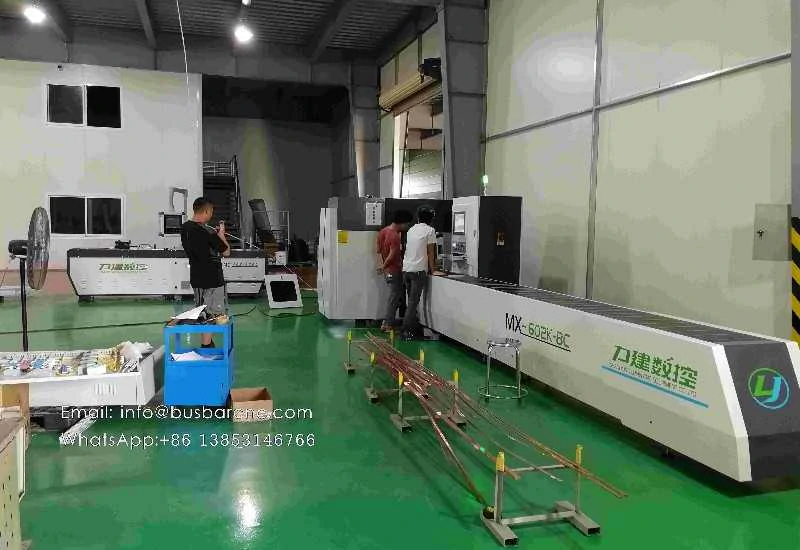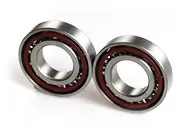In the manufacturing industry, CNC (Computer Numerical Control) machines play a vital role in ensuring precision, efficiency, and consistency in the production process. One of the key advantages of CNC machines is their adaptability and customizability, which allows manufacturers to produce a wide variety of parts and products with high precision and accuracy. In this article, we will explore the importance of adaptability and customizability in CNC machines and how these features contribute to the overall efficiency and effectiveness of modern manufacturing processes.
Enhancing Flexibility through Adaptability
Adapting to Different Materials
CNC machines are highly adaptable tools that can work with a wide range of materials, including metals, plastics, wood, and composites. This versatility allows manufacturers to produce diverse products without the need for specialized equipment for each material. The ability of CNC machines to accommodate various materials not only streamlines the production process but also reduces the overall cost of manufacturing by eliminating the need for multiple machines.
Adjusting to Different Production Volumes
Another aspect of adaptability in CNC machines is their ability to adjust to different production volumes. Whether a manufacturer needs to produce a small batch of customized parts or mass-produce a standardized product, CNC machines can be programmed accordingly to meet the specific requirements. This flexibility enables manufacturers to respond quickly to changes in demand and optimize their production processes for efficiency and cost-effectiveness.
Customizability for Precision and Quality
Tailoring Designs to Meet Specific Requirements
One of the key benefits of CNC machines is their customizability, which allows manufacturers to tailor designs to meet specific requirements with unmatched precision and accuracy. By programming the machine with the desired specifications, manufacturers can create complex shapes, intricate patterns, and precise dimensions that would be challenging to achieve with traditional manufacturing methods. This level of customization ensures that each part or product meets the exact specifications and quality standards set by the manufacturer.

Optimizing Toolpaths for Efficiency
Another aspect of customizability in CNC machines is the ability to optimize toolpaths for efficiency and quality. By customizing the toolpath algorithms, manufacturers can minimize material waste, reduce machining time, and improve surface finish quality. This level of control over the machining process allows manufacturers to fine-tune every aspect of production to achieve the desired results with maximum efficiency and precision.
Maximizing Productivity through Automation
Integrating Advanced Software Solutions
The adaptability and customizability of CNC machines are further enhanced by the integration of advanced software solutions that automate various aspects of the production process. With CAD/CAM software, manufacturers can design complex parts, generate toolpaths, simulate machining operations, and optimize production workflows with ease. This automation not only reduces the margin of error but also speeds up the overall production cycle, increasing productivity and profitability.
Implementing Real-time Monitoring and Control
Another key feature that enhances the adaptability and customizability of CNC machines is real-time monitoring and control systems. By incorporating sensors, cameras, and data analytics tools, manufacturers can track the performance of CNC machines, monitor production metrics, detect anomalies, and make adjustments on the fly. This real-time feedback loop enables manufacturers to optimize production processes, prevent errors, and ensure consistent quality throughout the manufacturing process.
Conclusion
In conclusion, the adaptability and customizability of CNC machines are essential factors that drive innovation and efficiency in modern manufacturing. By leveraging the flexibility of CNC machines to work with different materials, adjust to varying production volumes, and customize designs to meet specific requirements, manufacturers can optimize their production processes, enhance product quality, and maximize productivity. With the integration of advanced software solutions and real-time monitoring systems, CNC machines have become indispensable tools for achieving precision, consistency, and cost-effectiveness in today’s competitive manufacturing landscape. As technology continues to evolve, the adaptability and customizability of CNC machines will play a crucial role in shaping the future of manufacturing and driving continued advancements in efficiency and quality.
https://industrialtechpress.com/



